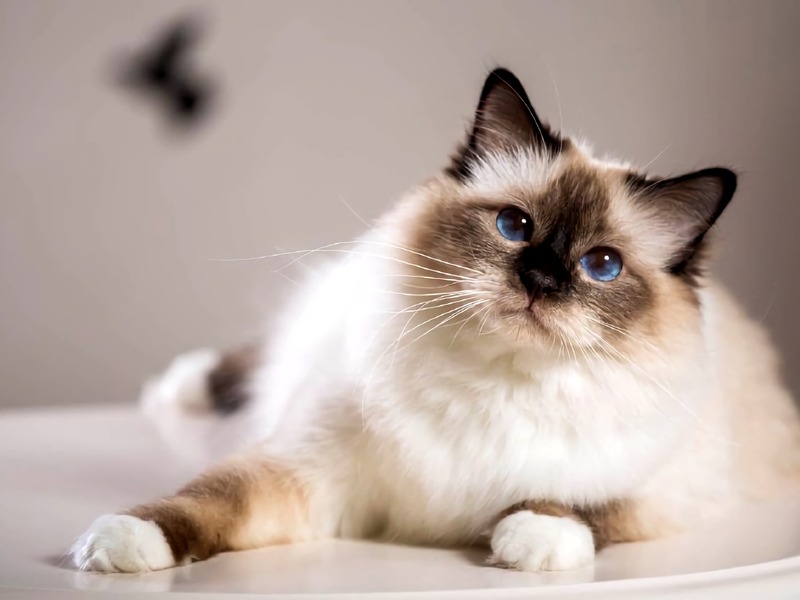Cat Obesity, how to help

Cat obesity is a serious problem that can lead to a variety of health issues. It is estimated that up to 54% of cats in the United States are overweight or obese. The primary cause of obesity in cats is an imbalance between the amount of calories consumed versus the amount of energy expended. Cats may become overweight or obese due to a lack of exercise, overfeeding, or due to medical conditions such as hypothyroidism.
Obese cats are at an increased risk for a number of serious health problems. These include diabetes, joint problems, heart disease, and even cancer. Obesity can also lead to a decrease in quality of life for cats, as they may become less active and have difficulty grooming themselves.
Fortunately, there are a number of steps that can be taken to help prevent or treat cat obesity. The first step is to ensure that your cat is getting enough exercise. If your cat is not getting enough exercise, consider adding a scratching post or other interactive toys to your home. Playing with your cat can also help to increase their activity level.
It is also important to feed your cat a balanced diet. Avoid giving your cat treats or table scraps, as these can quickly add up and lead to weight gain. Make sure to feed your cat the right amount of food based on their size and activity level. If you are unsure of how much to feed your cat, consult your veterinarian.
If your cat is already overweight or obese, it is important to work with your veterinarian to develop a weight loss plan. This may include dietary changes and increased exercise. Your veterinarian may also suggest a weight loss supplement or other medication to help your cat lose weight.
Finally, it is important to keep track of your cat’s weight. Weigh your cat regularly and keep an eye out for any changes in their weight or activity level. If your cat is gaining weight, take action immediately to help them lose the excess weight.
Cat obesity can have serious consequences for your cat’s health and quality of life. Fortunately, there are a number of steps that can be taken to prevent or treat obesity in cats. Feeding your cat a balanced diet, providing them with ample exercise opportunities, and monitoring their weight are all important steps in keeping your cat healthy. If your cat is already overweight or obese, consult your veterinarian to develop a weight loss plan. With the right steps, you can help your cat maintain a healthy weight and live a long, happy life.
